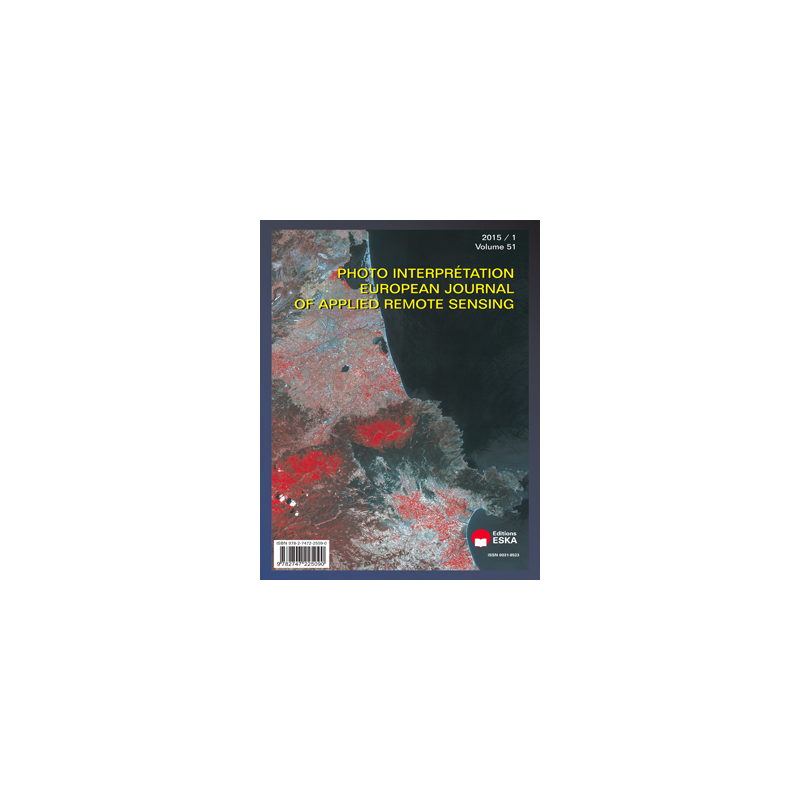



 Security policy
Security policy
(edit with the Customer Reassurance module)
 Delivery policy
Delivery policy
(edit with the Customer Reassurance module)
Bangui, capital of Central African Republic is located between 4° 22 ‘ north latitude and 18° 35’ east longitude (plate 1), surrounded by hills to the East and North-East, and the Oubangui river in the South (border with the Democratic Republic of Congo). This is a great city that has gradually developed towards the West, the South West and the North in a plain where are confused channels of small rivers and marshy lowlands. In the outskirts of Bangui, the organization and orientation of the city is only done by the population: the extension of the city took place following the lines of communication and in an uncontrolled manner. Now it is the interstitial agricultural land that is conquered in turn by buildings. To assess this spatially complex expansion of the town during the last decades, a study of delineation of the urban area of Bangui has been implemented from the use of multitemporal remote sensing images.
KEYWORDS
Aerial photography, Landsat imagery, Texture, Mathematical morphology, Urban sprawl, Bangui, Central African Republic.